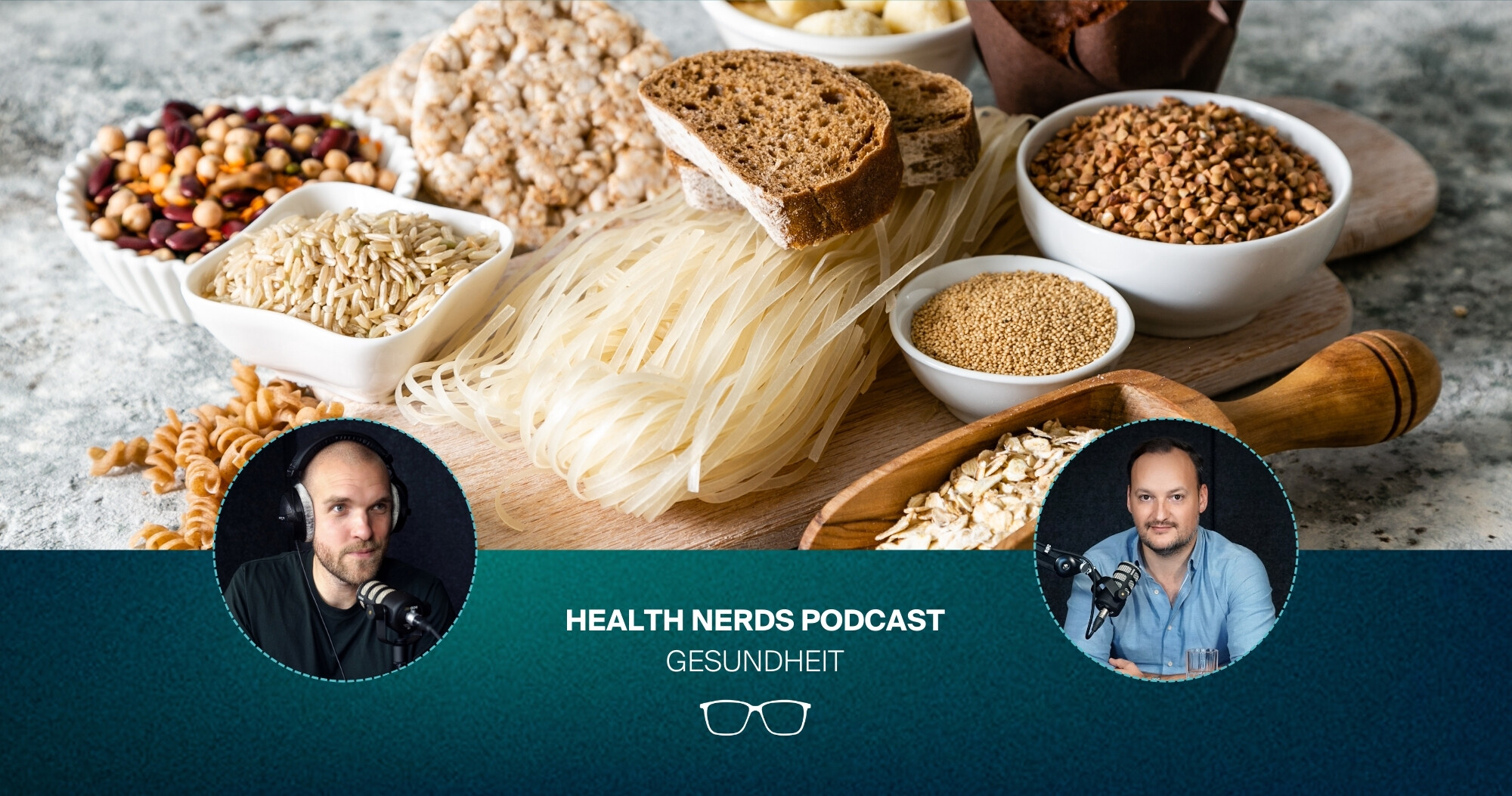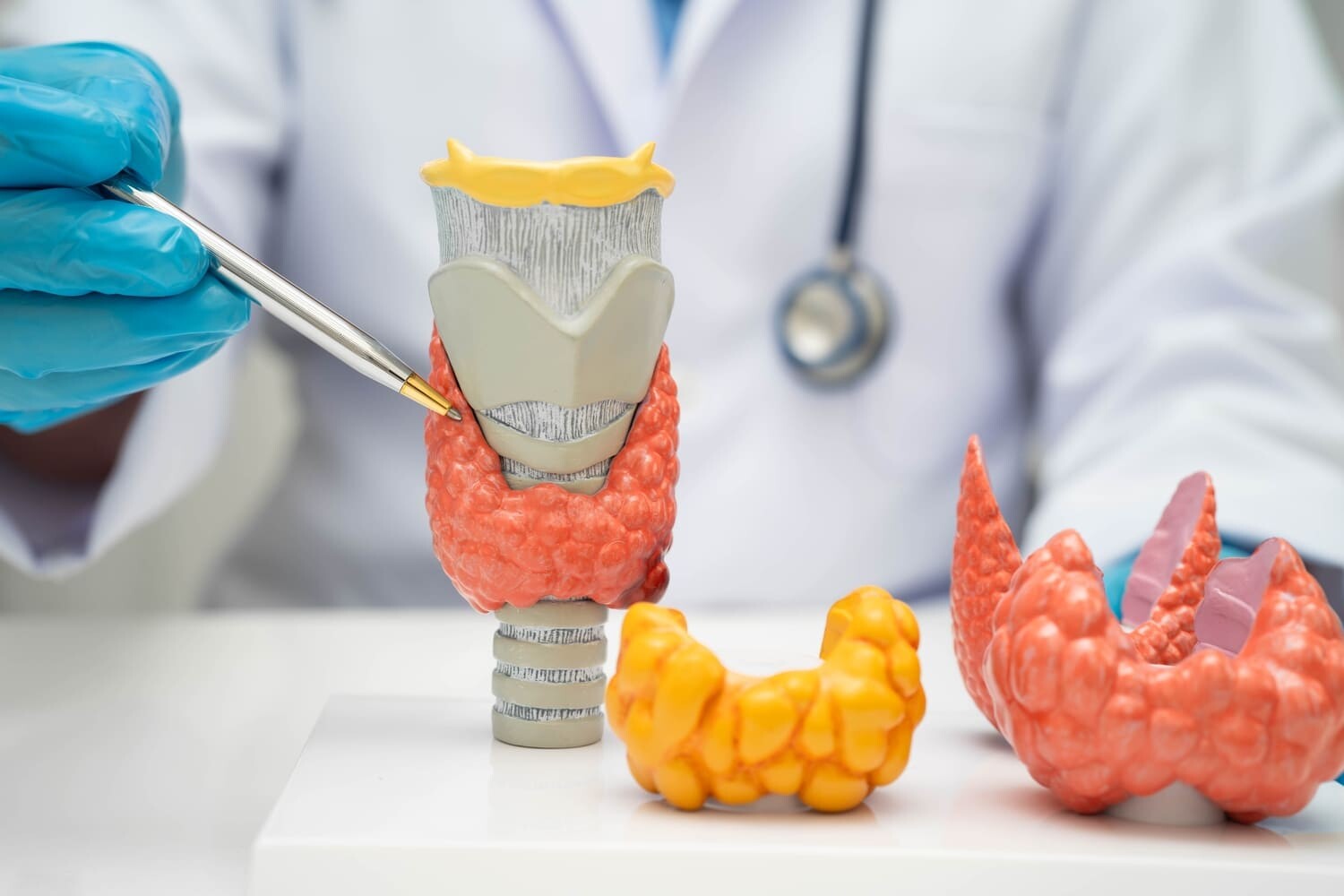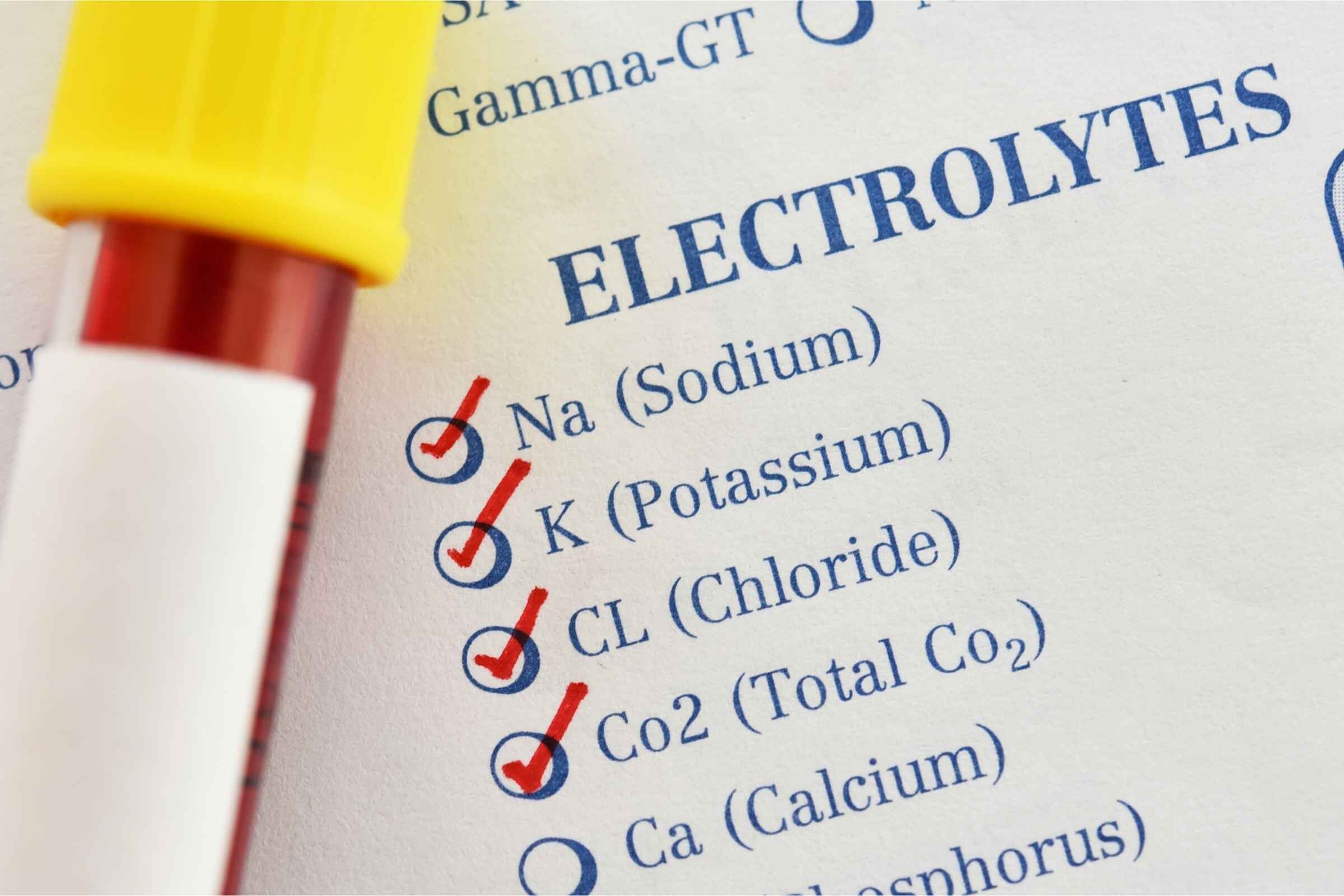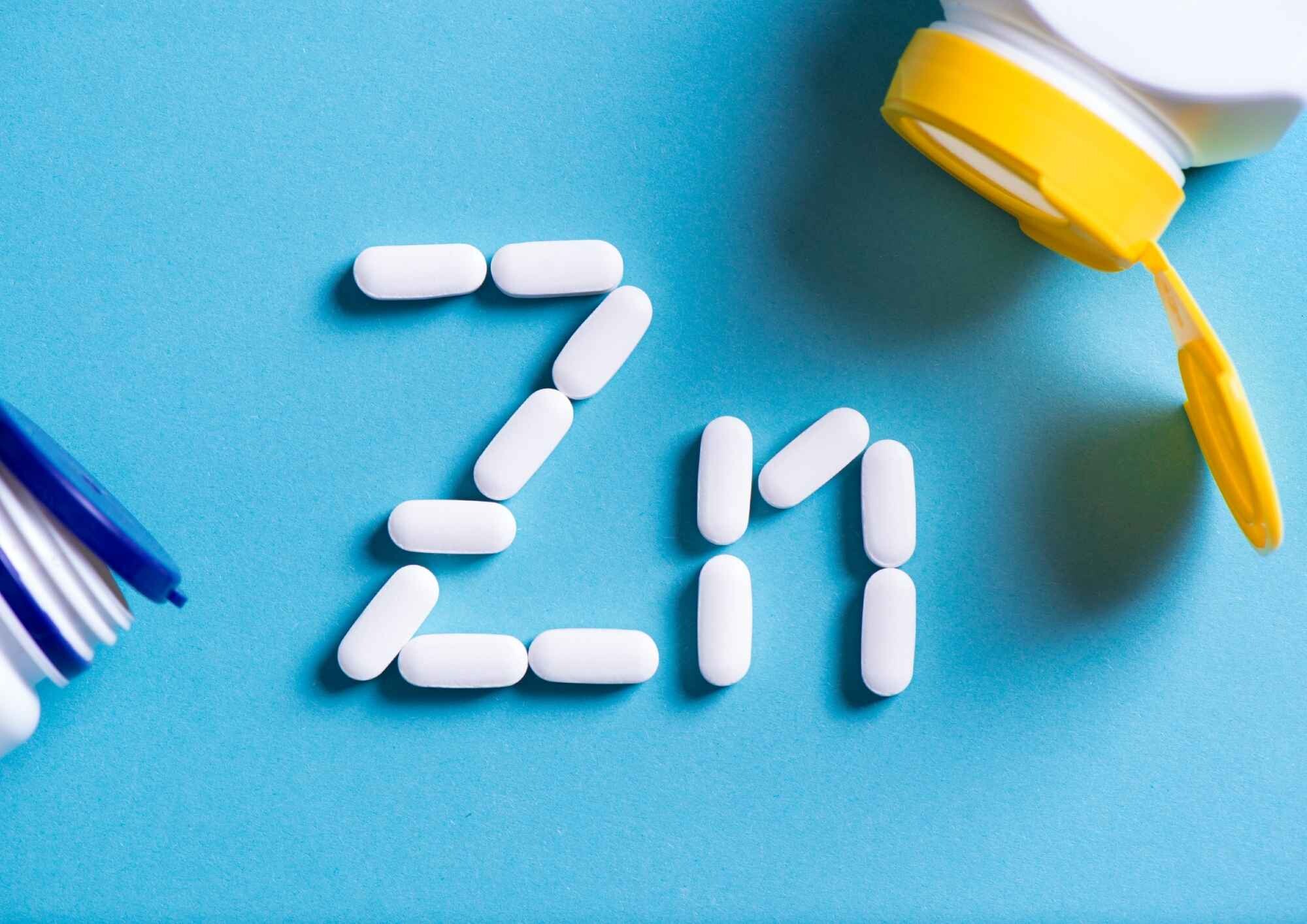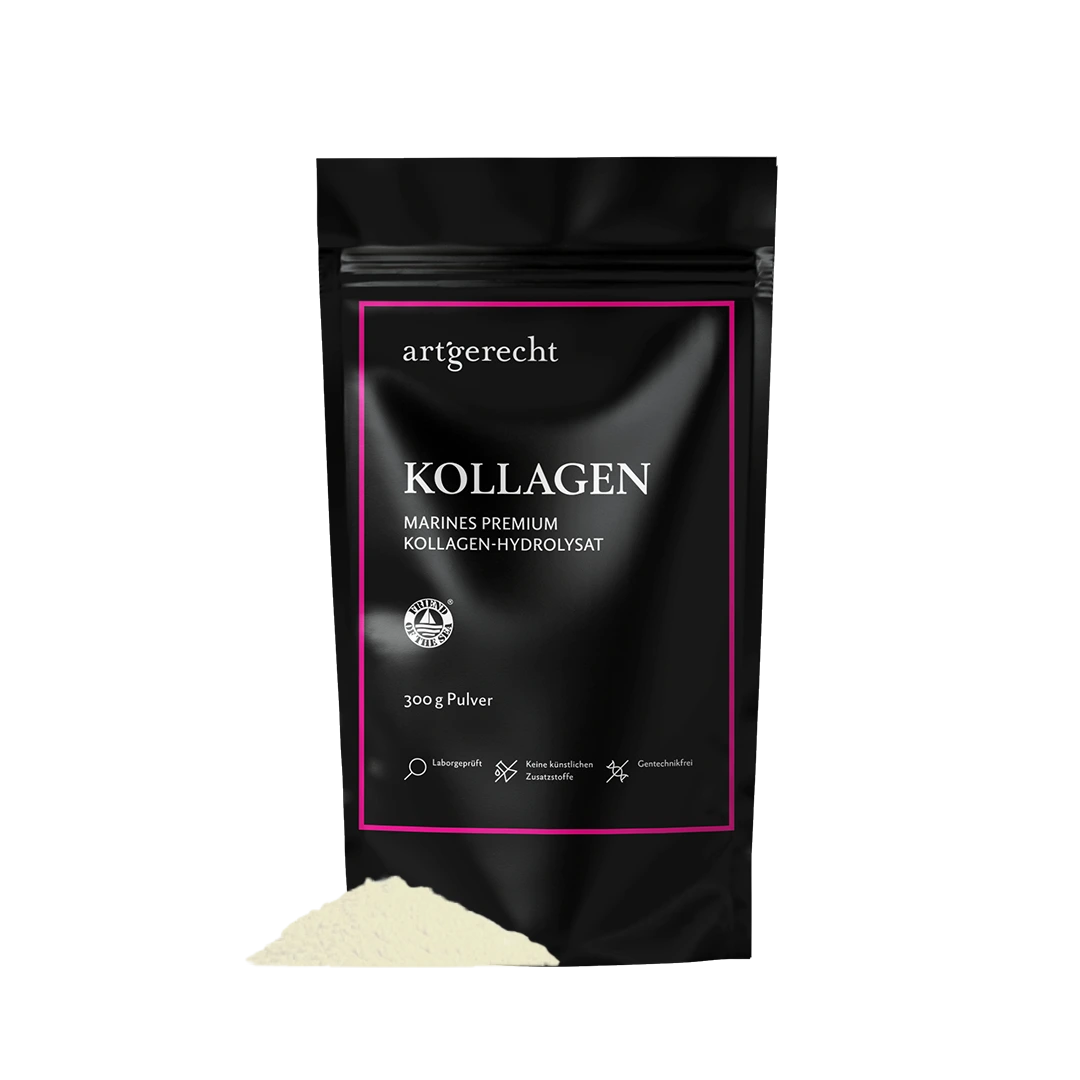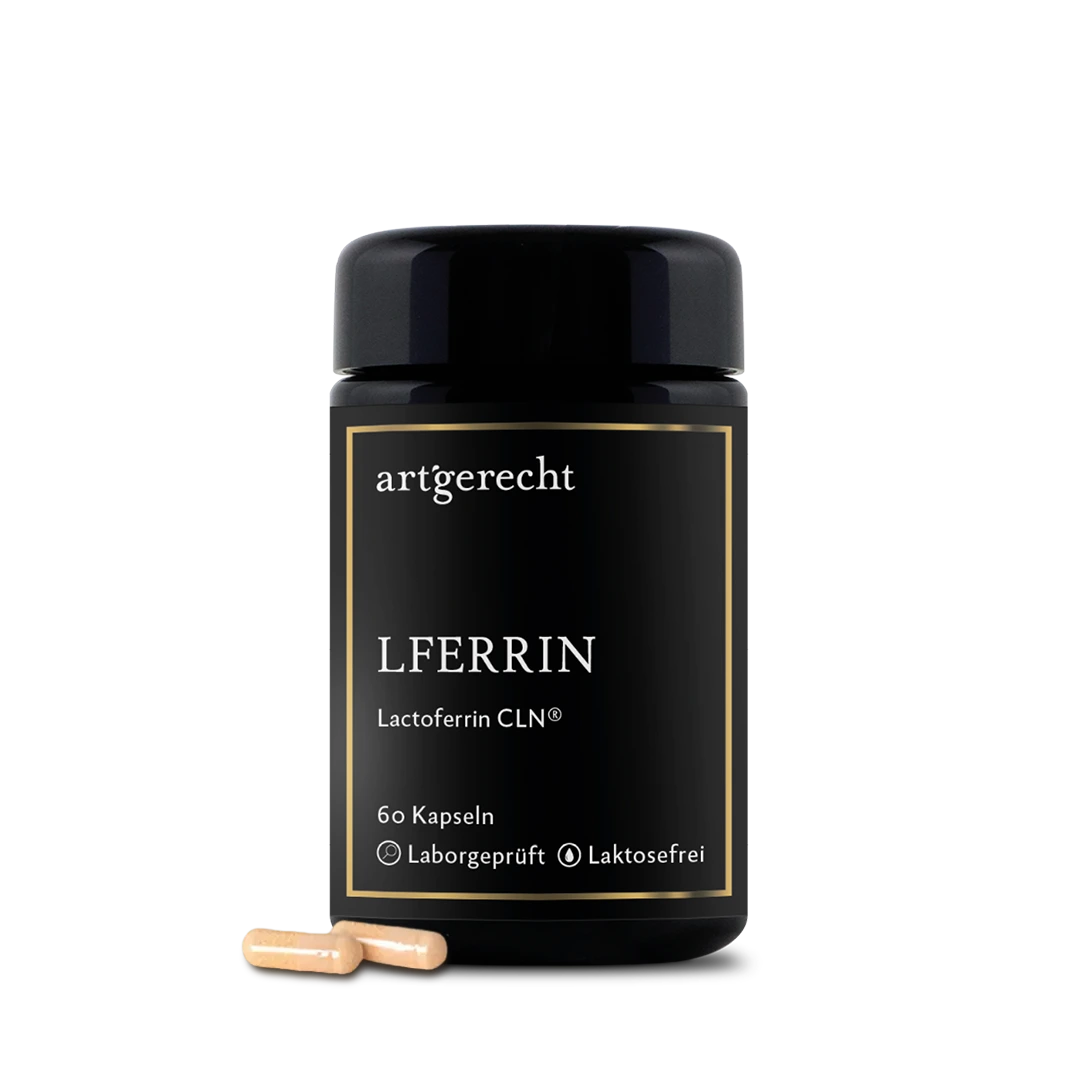Introduction
Vitamin B12 (Vit B12) is a key member of the B vitamins that is essential for the human body. It belongs to the family of water-soluble B vitamins, all of which play important roles in energy metabolism and cell function. However, Vit B12 is unique in that it both supports DNA synthesis and is essential for the health of the nervous system. As the body cannot produce Vit B12 itself, it must be taken in through food. A Vit B12 deficiency can cause serious health problems. People who eat a low-meat or meatless diet are particularly at risk of a Vit B12 deficiency. In this article, we examine the functions of Vit B12, its importance to health and the risks of deficiency, particularly in vegan and vegetarian diets.
Vit B12 and the B vitamins
Vit B12 is one of eight B vitamins, all of which play a central role in energy metabolism. These B vitamins are primarily responsible for converting nutrients into energy, but Vit B12 stands out in particular. Compared to other B vitamins, such as vitamin B1 (thiamine) or vitamin B6 (pyridoxine), vitamin B12 has additional functions that make it irreplaceable for the health of the nervous system and blood cells. It supports the body in the formation of myelin, a protective layer around the nerves, and plays a key role in cell division and DNA replication.
Vit B12 deficiency and meatless diet
One of the biggest risk factors for a vitamin B12 deficiency is a diet that is low in meat or meatless. While most B vitamins are found in plant and animal sources, Vit B12 is found almost exclusively in animal products such as meat, fish, eggs and dairy products. Vegans and vegetarians who avoid these foods run the risk of not getting enough Vit B12, as plant-based foods contain hardly any usable Vit B12.
Without sufficient intake, vegans can develop a deficiency within a few years. A lack of vitamin B12 can lead to symptoms such as fatigue, memory loss, concentration problems and nerve damage. Compared to other B vitamins, vitamin B12 deficiency is particularly serious, as the symptoms often appear gradually and can have serious consequences such as irreversible nerve damage. Therefore, people who do not consume animal products should either include fortified foods or supplements with Vit B12 in their diet.
How Vit B12 is absorbed in the body
The absorption of Vit B12 differs from other B vitamins and is relatively complex. Vit B12 is released from food in the stomach and binds to a protein called intrinsic factor, which is required for its absorption in the intestine. In people with gastrointestinal diseases or after gastric surgery, this process can be impaired, which increases the risk of a Vit B12 deficiency.
While other B vitamins such as vitamin B2 (riboflavin) and vitamin B3 (niacin) are absorbed via different metabolic pathways, vitamin B12 requires special transport proteins to enter the body efficiently. This difference also explains why vitamin B12 deficiency can occur despite an adequate intake if the absorption mechanisms in the body are impaired.
Symptoms and consequences of a Vit B12 deficiency
A Vit B12 deficiency can have serious health consequences. As Vit B12 plays an important role in the formation of red blood cells, a deficiency often leads to a form of anemia known as megaloblastic anemia. This form of anaemia is characterized by abnormally large red blood cells that are no longer able to perform their function properly. This manifests itself in symptoms such as fatigue, weakness, pale skin and shortness of breath.
In addition, a vitamin B12 deficiency can cause neurological symptoms. These include numbness or tingling in the extremities, gait instability and memory problems. In the worst case, a lack of vitamin B12 can lead to irreversible nerve damage, which can severely impair the quality of life. Compared to other B vitamins, the neurological damage caused by a vitamin B12 deficiency is particularly severe, as the myelin sheath around the nerves is no longer formed properly.
Vit B12 and its role in cardiovascular health
Vit B12 also has a protective function in the cardiovascular system. It helps to reduce homocysteine levels in the blood, an amino acid that increases the risk of cardiovascular disease at high levels. Together with other B vitamins, such as vitamin B6 and folic acid, vitamin B12 helps to convert homocysteine into methionine, an important amino acid that is necessary for numerous biochemical processes in the body.
Elevated homocysteine levels are a recognized risk factor for atherosclerosis, heart attacks and strokes. The correct intake of vitamin B12, combined with other B vitamins, can therefore help to reduce these risks and promote cardiovascular health.
Prevention and treatment of Vit B12 deficiency
To avoid a vitamin B12 deficiency, people who follow a vegan or vegetarian diet should pay particular attention to ensuring their vitamin B12 intake. This can be done by regularly consuming fortified foods, such as breakfast cereals or plant-based dairy products, as well as dietary supplements. Supplements in the form of tablets, sublingual sprays or injections are often necessary to maintain Vit B12 levels, especially in people with absorption disorders.
Regular monitoring of Vit B12 levels, especially in older people and those with gastrointestinal disorders, is also important.
Conclusion
Vit B12 is a vital nutrient that plays a central role in the health of the nervous system and the cardiovascular system. As part of the B vitamins, Vit B12 has unique properties that make it essential for cell division, blood formation and neurological health. People who follow a meatless diet should pay particular attention to their vitamin B12 intake, as plant-based foods contain hardly any usable vitamin B. However, with the right supplementation and diet, a vitamin B12 deficiency can be effectively prevented to ensure long-term health and well-being.
Sources
Allen, L. H. (2009). How common is vitamin B-12 deficiency? The American Journal of Clinical Nutrition, 89(2), 693S-696S. DOI: 10.3945/ajcn.2008.26947A
.Stabler, S. P. (2013). Vitamin B12 deficiency. New England Journal of Medicine, 368(2), 149-160. DOI: 10.1056/NEJMcp1113996
Green, R., & Miller, J. W. (2007). Vitamin B12 deficiency: the time for screening? New England Journal of Medicine, 357(20), 2101-2103. DOI: 10.1056/NEJMe078187
.OLeary, F., & Samman, S. (2010). Vitamin B12 in health and disease. Nutrients, 2(3), 299-316. DOI: 10.3390/nu2030299
Carmel, R. (2008). Current concepts in cobalamin (vitamin B12) deficiency. Annual Review of Medicine, 59, 117-133. DOI: 10.1146/annurev.med.59.060906.231937
.


